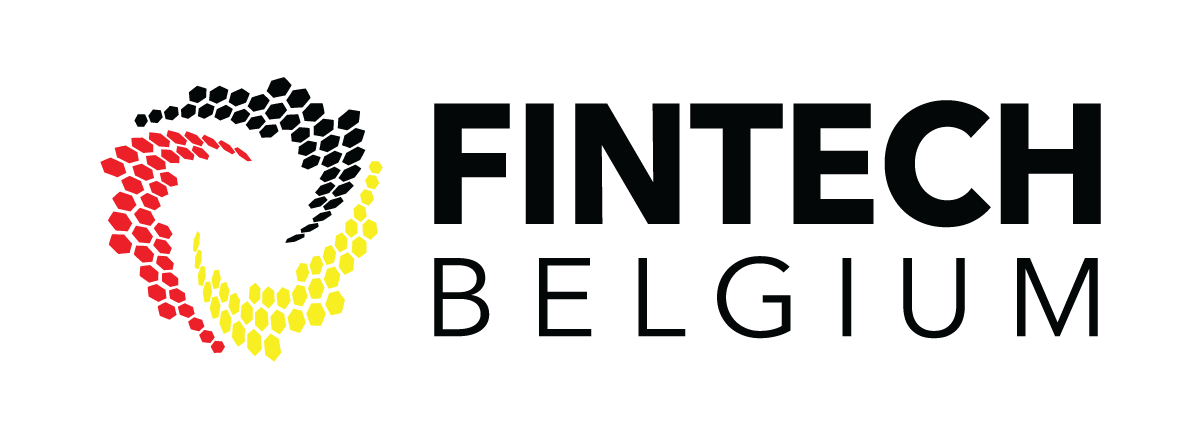Open-banking: we pay the cost of slowness too often
The opening up of financial data provided for in the PSD2 directive has made it possible to achieve better visibility of our payment accounts. New apps have emerged to play the role of "pocket banker" or accountant. However, although these new fintechs have improved the customer experience, open banking is still a work in progress and is slow to deliver on its promises.
With end-to-end banking and financial integration, fintechs and banks could truly develop this 24-hour digital banking "advisor". They would thus enable citizens to make better use of their finances and companies to reduce the risks linked to their cash flow. Today, our Belgian SMEs too often pay the cost of slow financial decision-making processes.
A financial decision, taken on a whim or based on outdated information, can undermine personal savings and business cash flow. In contrast, the vast majority of investments require the greatest possible responsiveness before they lose interest. Making the right choice at the right time is not always easy. This is where open-banking has a real card to play, thanks to the integration of all your financial data, your pending payments and your current financial profile.
In the form of an app, a digital advisor would help make informed decisions without friction. No need to turn away from the decision path: the answer to any financial question would now be available in real time, at the moment the decision needs to be made. Open-banking would thus encourage a more responsible use of money, both for companies and individuals. This would certainly prevent many over-indebtedness and bankruptcies.
More responsible spendingIn parallel, we are also seeing a growing demand for more sustainable money management. The aim would be to encourage investments that are more environmentally friendly and more conscious of the impact on our societies. Depending on the criteria we choose in our financial tools, we should be perfectly able to integrate, among other things, an ecological factor in our decision-making. Why not add an extension to your browser based on your banking data for more eco-responsible online shopping? For example, this plugin could turn the prices displayed in red or green. This would instantly indicate whether a purchase is a reasonable choice according to the consumer's profile, or whether it corresponds to their means. The tool would be able to better guide our decisions, without the need for every e-commerce platform in the world to include access to customers' banking information.
In a way, such tips, or even personal financial coaching platforms, are already available. The two Belgian fintechs Cake and Accountable, for example, clearly show the possibilities of a more open finance. The next step would be to further enrich the data for instant finance and easier financial decision-making. It is only a short step from there to real financial guides based on criteria defined by buyers and corporate finance departments.
Our financial system would then be truly transformed. In concrete terms, our banking applications would be able to choose a new energy supplier for us, according to our finances and values. This type of service already exists in the Belgian bank Aion, but it tends to choose the cheapest supplier, without evaluating other criteria. In France, the opposite is true: some fintechs offer services specifically focused on the sustainability of spending via an eco-score system.
Between them, banks are gradually coming to terms with the idea of finance based on open data. If they are getting into the swing of things, it is because they see an interest in it. Limiting the risk of bankruptcy or debt, thanks to better advice based on data reconciliation, is a motivating argument in itself.
Open banking paves the way for more transparent, responsible and eco-responsible money management. Alongside the fintechs that are already actively working in this direction, the banks have long raised the spectre of disintermediation. However, they hold the key to developing this "customer intimacy" to the extreme. Banks that focus on integrating such an offer into their services will achieve the level of personalised experience that seems to be becoming the norm. On the other hand, those that seek to bring everything back into their applications will ultimately create more confusion in their customers' choices.
The COVID crisis will have acted as a catalyst for this trend. Many companies have been forced to make decisions more quickly than before. This has required more automation than they were used to before. The pandemic will have opened the door to instant finance which, in the not too distant future, will help to make better choices about spending, saving and investing.
Marc Lainez, VP API Marketplace at Isabel Group.
Article from Trends

